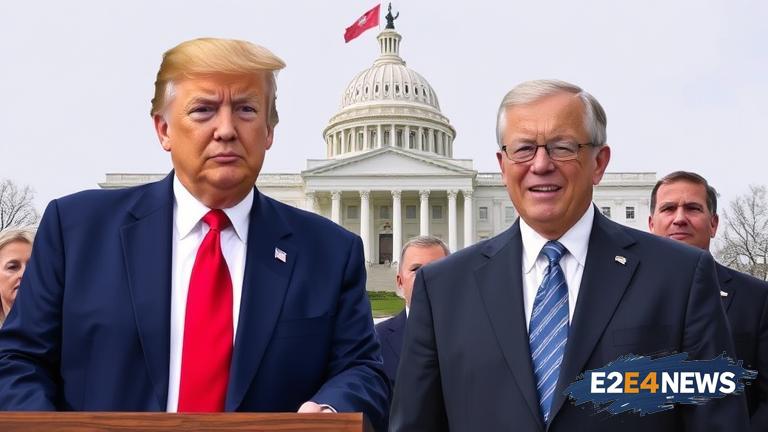The state of Wisconsin has joined a coalition of states in a lawsuit against the Trump administration, challenging its decision to withhold millions of dollars in education funds. The lawsuit, filed in federal court, alleges that the administration’s actions are unlawful and will harm students and schools across the country. The funds in question are part of the Coronavirus Aid, Relief, and Economic Security (CARES) Act, which was passed by Congress in March to provide financial assistance to individuals and businesses affected by the COVID-19 pandemic. The CARES Act included $13.2 billion in funding for elementary and secondary schools, as well as $3 billion for governors to use at their discretion to support education. However, the Trump administration has announced that it will withhold a significant portion of these funds, citing concerns that they may be used to support schools that are not reopening for in-person instruction. Wisconsin and the other states involved in the lawsuit argue that this decision is not only unlawful but also harmful to students, particularly those from low-income backgrounds who rely on these funds to access education. The lawsuit claims that the administration’s actions will exacerbate existing inequalities in the education system and undermine the ability of schools to provide a quality education to all students. The states involved in the lawsuit are seeking a court order to block the administration’s decision and require the release of the withheld funds. The lawsuit is the latest in a series of challenges to the Trump administration’s education policies, which have been criticized by many as being overly focused on supporting private and charter schools. The administration’s decision to withhold education funds has been met with widespread criticism from educators, lawmakers, and advocacy groups, who argue that it will have a devastating impact on schools and students. Wisconsin’s decision to join the lawsuit reflects the state’s commitment to protecting the rights of its students and ensuring that they have access to a quality education. The state’s education officials have expressed concern that the withholding of funds will harm schools and students, particularly in rural and low-income areas. The lawsuit is expected to be closely watched by educators and lawmakers across the country, as it has the potential to set a precedent for how education funds are allocated and used. The Trump administration has defended its decision to withhold funds, arguing that it is necessary to ensure that schools are using the money effectively and efficiently. However, critics argue that this decision is motivated by a desire to punish schools that are not reopening for in-person instruction, rather than a genuine concern for the effective use of funds. The outcome of the lawsuit is uncertain, but it is clear that the issue of education funding will continue to be a major point of contention in the coming months and years. As the lawsuit moves forward, educators and lawmakers will be watching closely to see how the court rules and what impact this will have on schools and students across the country.
